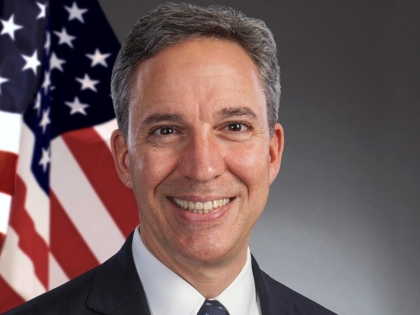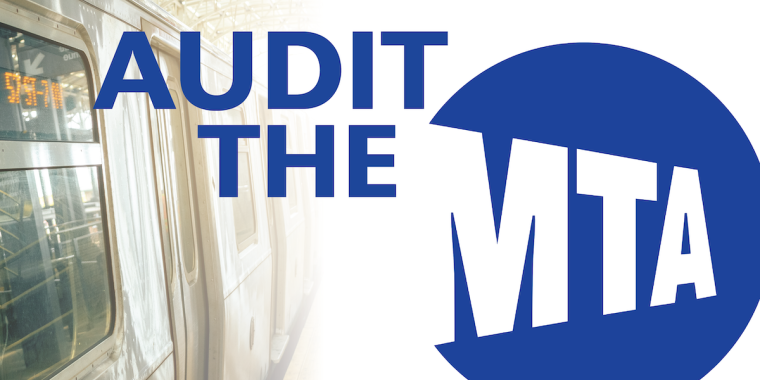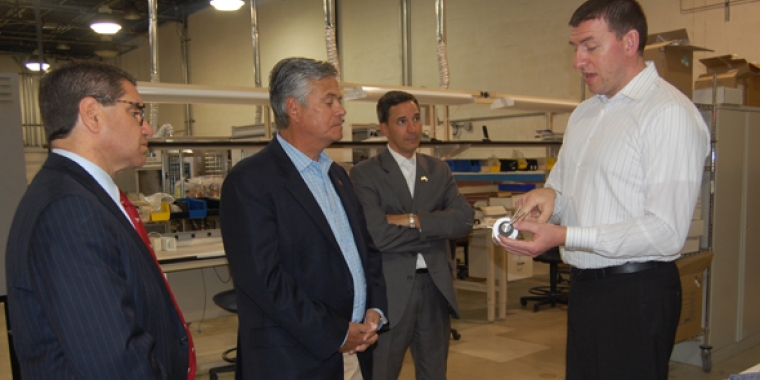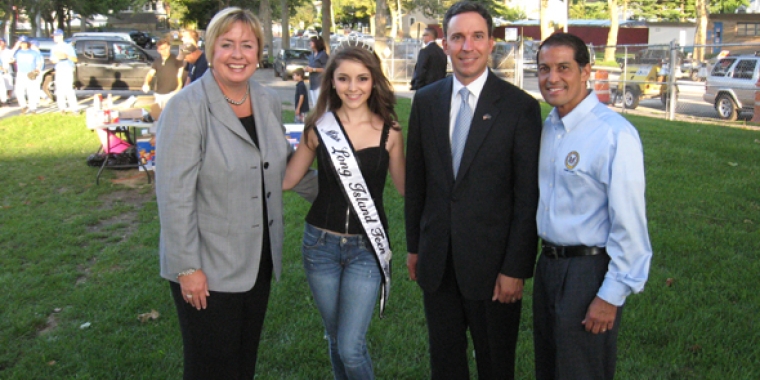
No Decongestant Here
Senator Jack M. Martins
January 12, 2024

Some politicians give out “candy.” Some give out “medicine.” That’s the nature of politics. But what’s unacceptable is giving people medicine and telling them it’s candy.
That’s what Governor Hochul’s doing with congestion pricing. As is often the case with problematic legislation, the plan’s sponsors are concealing the real objective. Instead, they appeal to us with noble causes and promises of feel-good results. In this case we’ve been told the new tolls will discourage vehicle usage and ease midtown congestion while compelling commuters to make greater use of mass transit. Our transit system will be flush with cash, gas emissions will be reduced, our air will be cleaner, and New York will be a green leader. We’ll be more energy independent and less reliant on foreign oil, all of which underscores the larger message that together we can preserve our planet.
It sounds great and to be clear, these are worthy objectives that both sides of the aisle could get behind, except – as to this congestion pricing plan - none of it is true. In fact, it won’t be achieved because congestion reduction isn’t even the goal. This is a fabricated narrative designed to dress up a controversial money grab, one that is desperately needed to bolster the ailing and notoriously inefficient Metropolitan Transportation Authority (MTA). But don’t take my word for it. A simple perusal of the plan’s official budget predictions indicates that they expect absolutely no decline in traffic. On the contrary, they’re counting on traffic to remain the same or increase to meet their budgetary needs. So, while we’re hoping for a greener environment with better mass transit alternatives, Hochul and her advisors are hoping for greener bank accounts.
Additionally, you have only to look beyond revenue projections at actual budget allocations for further confirmation. You’ll discover that the bulk of this tolling revenue is already earmarked for the MTA’s Capital Program which has a current funding shortfall approaching $1 billion dollars. And that’s just a part of their shocking $48 billion in overall debt. To make matters clearer, not a penny of this revenue will be used to lower fares on subways, buses, or railroads – the very usage it supposedly seeks to encourage. That begs the question: if the intention
was to promote the use of mass transit, wouldn’t they use this funding windfall to lower fares and make mass transit more accessible to a greater number of commuters? That would do the most good for the most people and make sense.
We could get into the weeds on why congestion pricing is otherwise questionable. It unfairly penalizes trades, like construction workers who must bring equipment to work. It discourages emergency service workers from choosing Manhattan over other borough assignments. The zone’s residents will be tolled for unavoidable trips like doctors or groceries. And there’s the economic reality that every good and service will cost us more, everything from cab rides to food deliveries to Amazon packages. Companies don’t quietly absorb losses. They pass them on to consumers. So, in addition to paying tolls, we’ll be subject to a higher cost of living.
But the laws of marketing work in government as they do elsewhere. If a product is needed, good, and cost effective, people will utilize it. Likewise, if mass transit is needed, good, and cost effective, we can popularize it. The MTA never achieves the cost-effective component because too many private interests are at stake. Rather than address this elephant in the room, our leaders will once again try to tax their way out of a problem. In the end, the MTA gets a new funding source. We get the same traffic, same pollution, and same fares, except now we all pay extra for it.
Such far-reaching legislation demands honest debate from those who must abide by it. But honest is the operative word because misrepresenting intentions is cynical. False promises do more than advance questionable policy, they break the public’s trust in government. And we just can’t afford that right now.
The real key to going green is to make green the obvious choice. It’s high time we give it a try, but congestion pricing is not a sincere attempt. That would require a non-political audit of the MTA to establish real assessments on how to achieve green goals.
And therein lies the rub. Just once, I’d like my counterparts in government to give it to us straight. If the Governor and the MTA want congestion pricing so badly, tell us the truth about why. At least we’d know we’re being force-fed a heaping tablespoon of bad medicine.
related legislation
Share this Article or Press Release
Newsroom
Go to NewsroomSenator Martins, Senator Skelos Visit Watt Fuel Cell in Port Washington
September 6, 2011

Tax Free Shopping Is Back In New York State
September 2, 2011
Website Created For Information on Tax Cap
September 1, 2011
